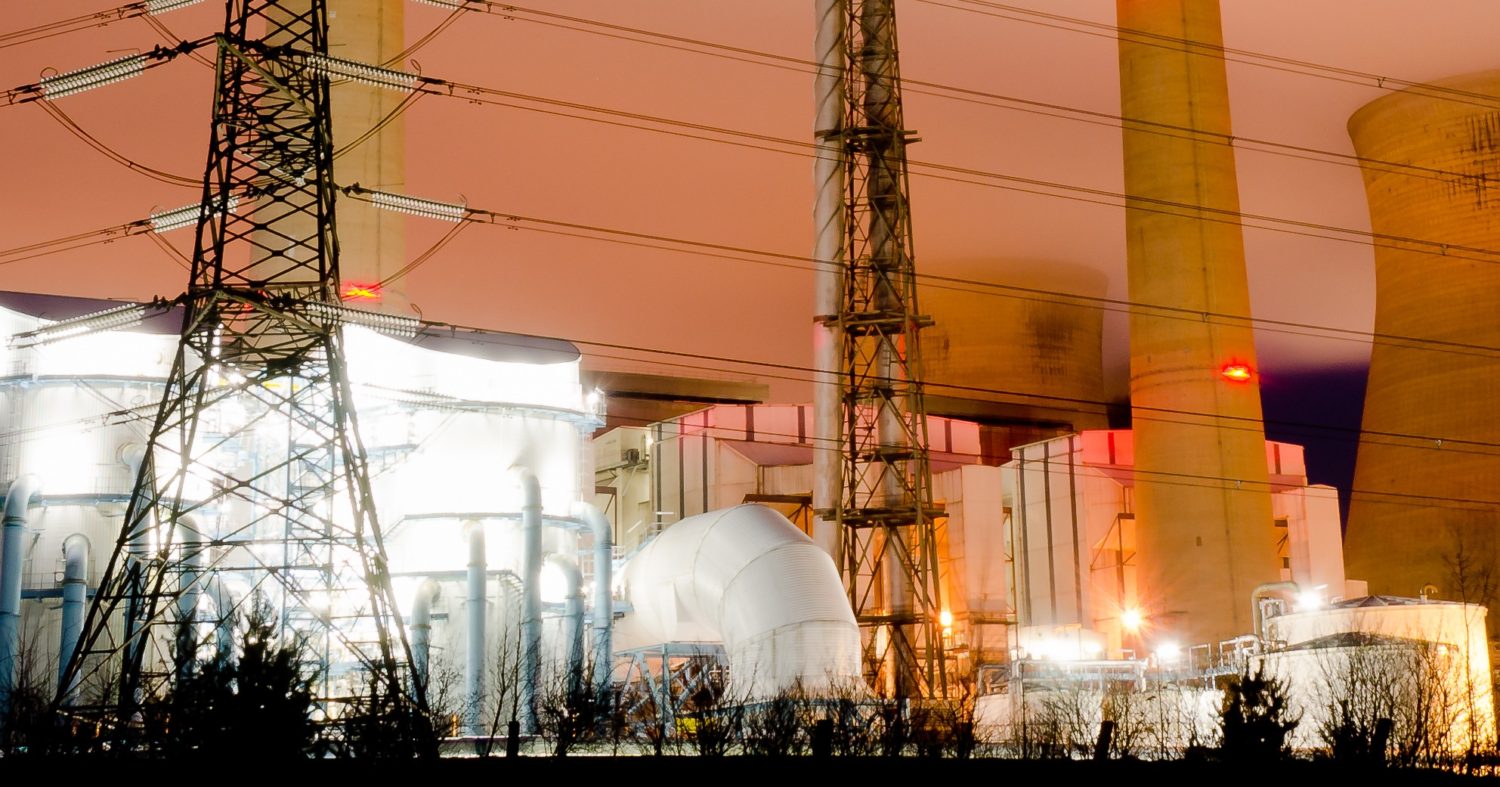Power to the people
In Labour’s long-term energy strategy, remunicipalisation is the message that matters, argues Tobia Charles.
Many of us will be familiar with the trope that neoliberalism as a political doctrine is concentrated more on the management of individuals’ everyday concerns than it is with offering a vision of how society might be organised in the future. Within the context of a future energy policy that properly considers the UK’s COP21 obligations, this means the question “how should we reorganise UK energy infrastructure to significantly reduce the amount we pollute?” is drowned out by questions like “how can governments help individuals to reduce their carbon footprints and help keep the cost of energy affordable for all?”
Meeting the UK’s COP21 obligations in a single, coherent long-term energy strategy requires a dismantling of the neoliberal logic underpinning the second question: that the government’s role is merely to assist individuals in reducing nationwide pollution through their everyday choices. Moreover, a precondition to any meaningful engagement in a debate instigated by the first question, is the return of UK energy infrastructure into public ownership. This is no small feat, especially given that Labour must tread a path that doesn’t allow their critics to frame their proposals as the nostalgic renationalisation of a would-be 1970s style government.
Let’s start by saying that party politics aside, any long-term energy policy vision which properly considers the UK’s COP21 obligations and does not have distributed generation (DG) at its very core is nothing short of political hogwash. DG can be understood as electric power generation, transmission and distribution that occurs on the customer’s side of the network. Broadly speaking, when power is produced closer to where it is consumed, less is lost in its transmission and distribution. Not only this, but DG also places an increased responsibility on local authorities to ensure that the energy we consume comes from renewable sources.
Currently, the UK transmission and distribution network is characterised by highly centralised power production which depends on non-renewable sources of energy capable of generating a vast output at low cost. The problem is that although our intuition tells us there are vast efficiency and ecological gains to be won when power is consumed closer to where it is produced, it also tells us that there are significant economies of scale to be had when we allow the sway of market forces to produce natural monopolies in the energy market. The problem is that the latter intuition fails to capture how the achievement of economies of scale in a highly developed and centralised system of power generation directly results in the negative externalities forewarned by climate scientists. Consequently, reducing costs for end-users and greening our power infrastructure come to be wrongly perceived as objectives in direct contradiction to one another, when the truth is anything but.
Whether to decentralise the energy market or leave things as they are is all too often presented as a binary choice, limiting the scope for debate. This dualist narrative common in debates over UK rail and telecommunications infrastructure leaves us blind to more pragmatic approaches and principled stances on energy policy that could lead to an alternative market structure. Essentially, distributed generation naturally paves the way toward remunicipalisation policies. Remunicipalisation of the energy market would involve returning critical power generation, transmission and distribution infrastructure and the regulation of that infrastructure not to the national executive level, but to local authorities. We have already witnessed the success of remunicipalisation or ‘in-sourcing’ in the UK environmental services market. Several local authorities took back control of previously outsourced recycling contracts to improve the quality of service and maximise logistical synergies between recycling and refuse collection.
Primarily, Labour should conceive of the remunicipalisation as an opportunity to localise the generation and transmission and distribution of clean energy to end-users at tariffs that can steer the market towards a socially oriented pricing structure. Second, the party should see it as an opportunity to synergise initiatives targeted at reducing fuel poverty and carbon mitigation efforts by refocusing these civic duties through a singular regional lens. As an organisation, Robin Hood Energy has taken the lead in demonstrating how not-for-profit utility models can thrive in distributed energy marketplaces. Owned by Nottingham City Council, the company produces energy using waste food plants, solar PV farms located around the city of Nottingham and the council’s local incinerator. The council boasts of being able to achieve customers an average saving of £237 through the provision of clean power generated locally.
The key benefits of a municipalisation strategy are threefold. First, localised power generation makes non-compliance with regulator’s standards more easily recognisable whilst also making grievance mechanisms in instances of non-compliance more effective by reducing the distance between consumers and producers. A by-product of this increased accountability on local authorities would be the regular inclusion of carbon mitigation and fuel poverty alleviation as key policy battlegrounds in local elections; second, smaller centres of power production mean lower start-up costs for firms entering the market, resulting in greater competition and lower tariffs. And third, technological improvements will arise from the greater diffusion of renewable technologies. We have already seen evidence of transactive smart grids where the localised peer-to-peer trading of energy is possible using blockchain and microgrid technology.

